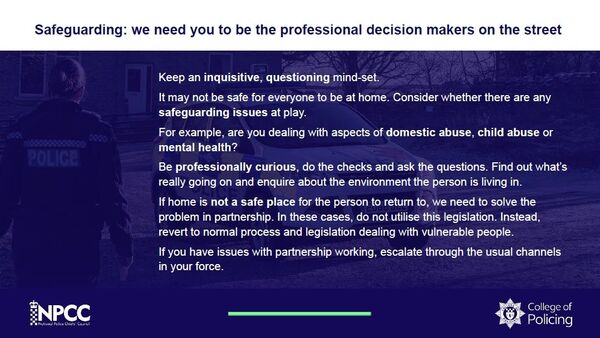There has been a 25% increase of calls to Britain's National Domestic Abuse Helpline since the COVID-19 lockdown was implemented, according to the charity Refuge. BBC notes that Refuge, which manages the helpline, has received hundreds more calls compared to only two weeks previously, and this increase in requests for help is also reflected via the charity's website.
Domestic abuse calls up 25% since coronavirus lockdown, charity says https://t.co/pxikMdsdCM
— BBC News (UK) (@BBCNews) April 6, 2020
"1.6 million women experienced domestic abuse last year, and self-isolation has the potential to aggravate pre-existing abusive behaviours by perpetrators", Sandra Horley CBE, Chief Executive of Refuge said only a few days before the UK was placed on lockdown by Prime Minister Boris Johnson.
"While in lockdown or self-isolation, women and children are likely to be spending concentrated periods of time with perpetrators, potentially escalating the threat of domestic abuse and further restricting their freedom", she added.
"It does take time to believe that it isn't you fault", essential message from survivor and campaigner Samantha Billingham.
— Refuge (@RefugeCharity) April 5, 2020
Read our safety tips for survivors during the #lockdownuk: https://t.co/RS2CkOCKd9 https://t.co/CKxkdXjc83
The figures reflect the difficult balancing act of competing priorities during the COVID-19 pandemic. On the one hand policing authorities routinely tell people to 'stay at home' and at times complain that they feel too many people are going to parks; on the other hand civil society groups have complained that authorities are being excessive and too rigid in their attempts to push some people back into their homes. As long as individuals are applying the social distancing guidelines of (2 metres/6ft) between themselves and others that they don't live with, some critics argue, the authorities should be wary of shooing them back into their homes.
When #SocialDistancing during #COVID_19, those in abusive relationships may not be safe at home. If you or a loved one is in this tough situation, create a safety plan that will help you remain safe in your home. Learn more: https://t.co/B1bkt4yahZ
— National Domestic Violence Hotline (@ndvh) March 16, 2020
The National Police Chief’s Council (NPCC) and the College of Policing have released two sets of guidance for England's police forces on implementation of COVID-19 related laws. One guidance focuses on the Health Protection (Coronavirus, Restrictions) (England) Regulations and the second deals with the Coronavirus Act 2020.
The second NPCC and College of Policing briefing makes no mention of vulnerable people or domestic abuse or violence. Though the briefing which addresses the Health Protection Regulations has one page which addresses "safeguarding".

"It may not be safe for everyone to be at home. Consider whether there are any safeguarding issues at play", the penultimate slide on the NPCC guidelines says. "For example, are you dealing with aspects of domestic abuse, child abuse or mental health?", it asks police constables to ask themselves.
The document tells officers to be "professionally curious" and, "do the checks and ask the questions". It urges those implementing the lockdown regulations to, "Find out what’s really going on and enquire about the environment the person is living in".
These guidelines bring up their own problems, however, as people they engage with may be seeking a period of respite from an abusive or hostile environment but may not be ready to speak to anyone about it, least of all the police.
"Domestic abuse isn’t always physical – it’s a pattern of controlling, threatening and coercive behaviour, that can also be emotional, economic, psychological or sexual", Refuge explains when addressing the COVID-19 lockdown on its website. The charity also points out that, "isolation is already used by many perpetrators as a tool of control".
People who think they may be suffering from domestic abuse can call the National Domestic Abuse Helpline 24 hours a day for free on 0808 2000 247.




